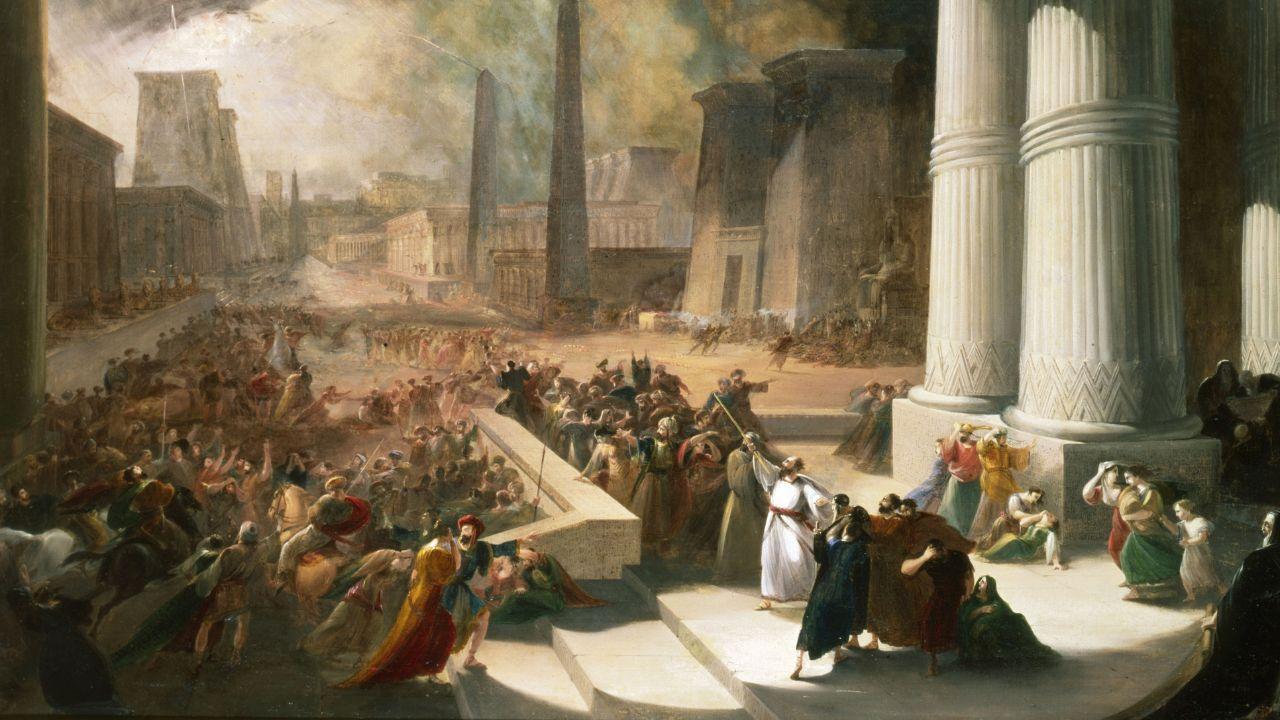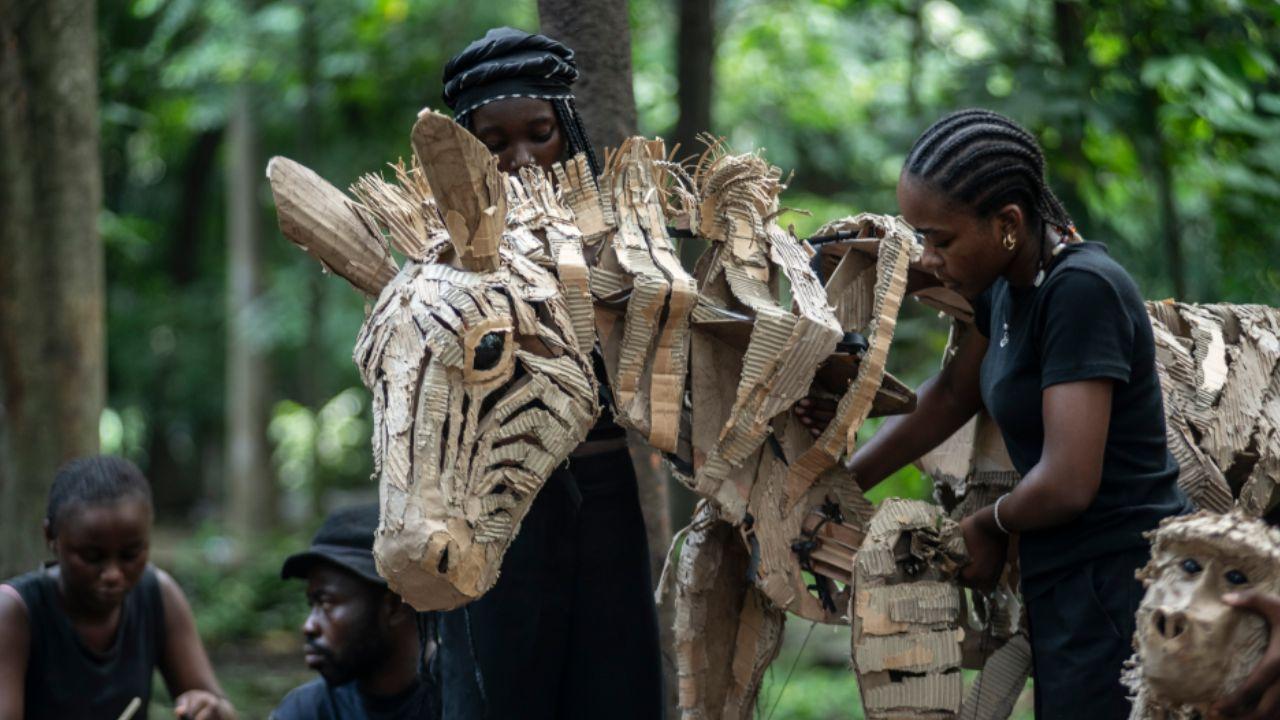
Post by: Vansh Kumar
From towering pyramids to intricate legal systems, how ancient cultures shaped the world we live in today is a fascinating story of innovation, resilience, and influence. The customs, discoveries, and wisdom of early civilizations continue to impact our daily lives in ways we may not always recognize. Whether it’s the democratic ideals of ancient Greece, the architectural marvels of Rome, or the mathematical advancements of Mesopotamia, these legacies are still woven into modern society. Let's take a closer look at how these early societies laid the foundation for the world we know today.
One of the most significant contributions of ancient cultures is the development of writing and language. The Sumerians of Mesopotamia introduced cuneiform around 3100 BCE, one of the earliest forms of written communication. This allowed civilizations to document laws, trade, and stories, leading to structured societies. The Egyptian hieroglyphs, Chinese characters, and Phoenician alphabets influenced countless modern languages. Today’s alphabets and writing systems have evolved from these early scripts, enabling global communication and the preservation of knowledge.
Many legal and political systems today trace their origins back to ancient civilizations. The Code of Hammurabi, established by the Babylonians around 1754 BCE, is one of the earliest recorded legal codes, promoting the idea of justice and law enforcement. Similarly, ancient Greece introduced democracy, allowing citizens to participate in governance. Rome’s legal system influenced modern legal frameworks, including trial procedures, legal representation, and property rights. The principles of law and order that emerged thousands of years ago still define societal structures in today’s world.
Ancient cultures revolutionized architecture and engineering, leaving behind timeless structures that inspire modern designs. The Egyptians built the Great Pyramids, using advanced techniques that still puzzle engineers. The Romans perfected concrete, creating structures like the Colosseum and aqueducts, which influenced today’s urban planning and infrastructure. Greek columns and symmetry in architecture can be seen in modern government buildings, museums, and universities. The ingenuity of ancient builders continues to shape cities and landscapes worldwide.
Our understanding of science and mathematics owes much to ancient cultures. The Babylonians developed a base-60 numeral system, leading to the 60-minute hour and 360-degree circle. Greek philosophers like Pythagoras and Euclid laid the foundations for geometry, which is still used in engineering and design. Ancient Egyptians and Chinese pioneered medical practices, including surgeries, herbal medicine, and acupuncture. These early discoveries continue to guide modern scientific and medical advancements.
The teachings of ancient philosophers still influence modern education and thought. Socrates, Plato, and Aristotle’s works remain foundational in philosophy, ethics, and politics. Confucian principles emphasize respect, discipline, and social harmony, shaping education and governance in many Asian cultures. The concept of formal education, developed by the Greeks and later refined by the Romans, continues to shape modern schooling systems. The pursuit of knowledge, critical thinking, and ethical debates that started thousands of years ago still drive intellectual progress today.
Art, music, and literature have been integral parts of human expression for centuries. The epics of Homer, the Sanskrit scriptures of India, and the poetry of ancient China have influenced global literature. Ancient Greek theater set the stage for modern drama and performance arts. The artistic styles of the Renaissance, inspired by Roman and Greek techniques, continue to shape contemporary creativity. From classical compositions to architectural masterpieces, ancient cultures remain at the heart of artistic evolution.
The economic principles developed by ancient civilizations continue to influence modern trade and commerce. The Silk Road, a vast trade network linking China, India, the Middle East, and Europe, laid the foundation for globalization. Coin-based economies, introduced by the Lydians, evolved into modern banking systems. Agricultural advancements by early societies enabled food surplus, population growth, and urbanization. Today’s interconnected global economy can be traced back to these early trade networks and financial systems.
Religious beliefs and practices from ancient cultures have shaped societies across generations. Hinduism, Buddhism, Judaism, Christianity, and Islam have their roots in ancient civilizations, influencing morality, ethics, and cultural traditions. Ancient mythologies, such as those from Greece, Egypt, and Mesopotamia, continue to inspire literature, films, and art. The spiritual philosophies of early civilizations remain embedded in modern belief systems, guiding values and traditions worldwide.
The contributions of ancient cultures continue to shape modern society in profound ways. From the invention of writing by the Sumerians to the legal frameworks established by the Babylonians and Romans, these civilizations laid the groundwork for structured governance and communication. Architectural marvels like the Egyptian pyramids and Roman aqueducts influence today’s urban design, while mathematical and scientific advancements from Mesopotamia, Greece, and China continue to drive innovation. Philosophy, education, art, and literature from early civilizations inspire contemporary thought and creativity. Additionally, trade networks such as the Silk Road played a crucial role in developing the modern global economy. Religious beliefs and spiritual practices that originated thousands of years ago still shape cultural identities and traditions today. The lasting impact of these early societies is a testament to their resilience, ingenuity, and influence on the world we live in.
This article is published by DXB News Network for informational purposes only. While we strive for accuracy, historical interpretations may vary, and readers are encouraged to conduct further research.
#trending #latest #AncientCultures #HistoryMatters #CivilizationLegacy #WorldHeritage #CulturalInfluence #TimelessWisdom #HistoricalImpact #LegacyOfInnovation #ShapingTheWorld #PastMeetsPresent #breakingnews #worldnews #headlines #topstories #globalUpdate #dxbnewsnetwork #dxbnews #dxbdnn #dxbnewsnetworkdnn #bestnewschanneldubai #bestnewschannelUAE #bestnewschannelabudhabi #bestnewschannelajman #bestnewschannelofdubai #popularnewschanneldubai

Rory McIlroy wins the Masters in dramatic style, beating Justin Rose in a playoff and becoming the first European to complete the career Grand Slam....Read More.

Join Dubai AI Week 2025! Over 10,000 experts, 180+ speakers & 150+ sessions shaping the future of AI across the world...Read More.














Rory McIlroy wins Masters, completes career Grand Slam
Rory McIlroy wins the Masters in dramatic style, beating Justin Rose in a playoff and becoming the f

Rizwan Says English Isn’t a Must, Only Cricket Matters
Mohammad Rizwan proudly says he’s not ashamed of poor English. For him, playing cricket for Pakistan

Nightclub Roof Collapse in DR: Death Toll Hits 226
226 dead in Dominican nightclub collapse; nation mourns as families seek answers

Middle East’s Growing Influence in Formula 1 Recognized by FIA President Mohammed Ben Sulayem
Middle East’s Growing Influence in Formula 1 Recognized by FIA President Mohammed Ben Sulayem

'The Herds' starts journey from Africa to the Arctic Circle
‘The Herds,’ a cardboard animal show, starts in Congo to show how climate change pushes nature away.